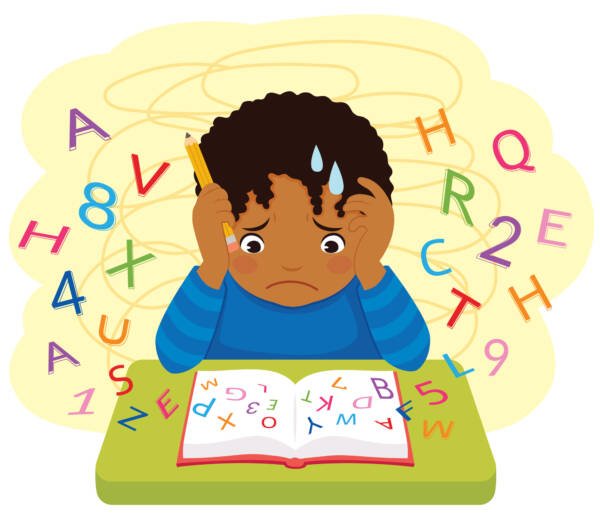
What is Twice Exceptional (2E)?
The term “twice exceptional” originated in the 1990s, as the understanding and acceptance of learning disabilities and Attention-Deficit/Hyperactivity Disorder became more commonplace in mainstream education. It was at this time that educators recognized 2E students as possessing two traits: Giftedness and Disability.

What is the Mensa IQ?
While membership to Mensa is often viewed as a symbol of intellectual status, there are additional benefits. Mensa members receive opportunities to engage in discussions, lectures, and exchanges of ideas with other members. And the only criteria for membership is having an IQ in the upper 2% of the population.

How to Treat ADHD in Children
For many children and their parents, receiving a diagnosis of ADHD can be life-changing, as many parents feel a sense of relief at finally understating the source of their child’s difficulties. But receiving a diagnosis is only the first step. The next logical question is: How do I treat my child’s ADHD?

Diagnosing ADHD in Adults
What happens when an adult expresses concerns with his or her ability to remain focused, alert, attentive, or engaged? What about adults who have difficulty keeping track of important items, completing tasks at work, sustaining social relationships, or simply remembering important dates? Could this be ADHD?

Diagnosing ADHD in Children
The age at which a child can be diagnosed properly really depends upon the severity of the ADHD. The more severe the ADHD and its symptoms, the earlier one can identify and diagnose it accurately.

IQ Part 5: Processing Speed
There are three key components of Processing Speed: 1) visual identification, 2) decision making, and 3) decision implementation. Students who excel at processing speed are able to work quickly on cognitive and academic tasks.

IQ Part 4: Working Memory
When I explain working memory to parents and students, I often tell them it is the ability to hear someone give you a phone number and then immediately dial that number on the phone.

IQ Part 3: Fluid Reasoning
Students who have strong Fluid Reasoning typically are able to think abstractly, process information quickly, and see “the forest for the trees.” The easiest way to think about it is being able solve a Rubik’s cube.

IQ Part 2: Visual Spatial
In my neuropsychological reports, I describe Visual Spatial as: “Visual Spatial measures the individual’s ability to evaluate details and understand and manipulate visual/spatial relationships.”

IQ Part 1: Verbal Comprehension
In my neuropsychological reports, I describe Verbal Comprehension as: “Verbal Comprehension measures the individual’s ability to access and apply acquired word knowledge.”

How Do I Calculate My IQ?
For most clinicians, there are a few standard tests that are used in neuropsychological evaluations to derive one’s IQ. The two most commonly used are Wechsler Intelligence Scales and the Woodcock-Johnson Test of Cognitive Abilities.
Let’s look at how we calculate an IQ score.

Can My IQ Change
The term IQ has been around for over 100 years. But what exactly does IQ mean? And how does it relate to kids in school today?

Public School or Private Evaluation - Which is Right for Me?
Once a student is identified as at-risk for dyslexia, there are two different routes for further evaluation: public school evaluations and private evaluations.

How to Identify Dyslexia
There are many misconceptions as to what dyslexia is. Many assume it is simply a matter of flipping letters when reading. However, dyslexia is a much more complex condition, and one that many parents wonder if their child experiences.
